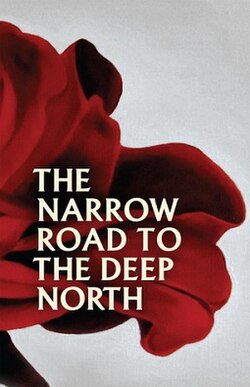Exploring ‘Narrow Road to the Deep North’: A Literary Journey

Introduction
‘Narrow Road to the Deep North’ is a powerful novel by Richard Flanagan, published in 2013, that has garnered critical acclaim and won the prestigious Man Booker Prize. The book delves into the harrowing experiences of Australian soldiers during World War II, specifically focusing on the construction of the Thailand-Burma railway. This topic remains relevant today as it not only highlights the brutal realities of war but also explores themes of memory, trauma, and the complexities of human relationships.
Overview of the Novel
The narrative follows Dorrigo Evans, an Australian surgeon and war hero who grapples with his traumatic past and the ethical dilemmas faced in the brutal conditions of a prisoner of war camp. Flanagan’s vivid descriptive language transports readers to the vivid landscapes of the jungle while contrasting it with the horrors of war. The title itself references Matsuo Bashō’s haiku, drawing a parallel between the spiritual journey of the poet and the internal struggles of Dorrigo throughout the story.
Key Themes
One of the central themes of ‘Narrow Road to the Deep North’ is the nature of memory, particularly how trauma shapes individual identities and relationships. Flanagan portrays Dorrigo’s internal conflict as he confronts his past decisions, infidelities, and the ghosts of those he could not save. Another notable theme is the juxtaposition between love and suffering. Relationships are tested in the face of war, and Flanagan explores how love can both uplift and cause profound pain.
Critical Reception and Impact
The novel received a wide range of critical acclaim upon its release, praised for its lyrical prose and emotional depth. The Man Booker Prize win solidified its place in contemporary literary discussions, leading to more attention on war literature and its lasting impact on society. Educators and students often turn to this text for discussions on ethics in medicine, the psychological impacts of war, and the representation of history through fiction.
Conclusion
‘Narrow Road to the Deep North’ continues to resonate with readers, offering insights into the human condition against the backdrop of one of the darkest periods in history. The exploration of memory, love, and ethical dilemmas is a poignant reminder of how the remnants of war echo through time, affecting generations that follow. As we reflect on literature that challenges our perceptions of history and humanity, Flanagan’s work stands as a significant contribution to the genre, inspiring reflection and discussion long after its pages are turned.









